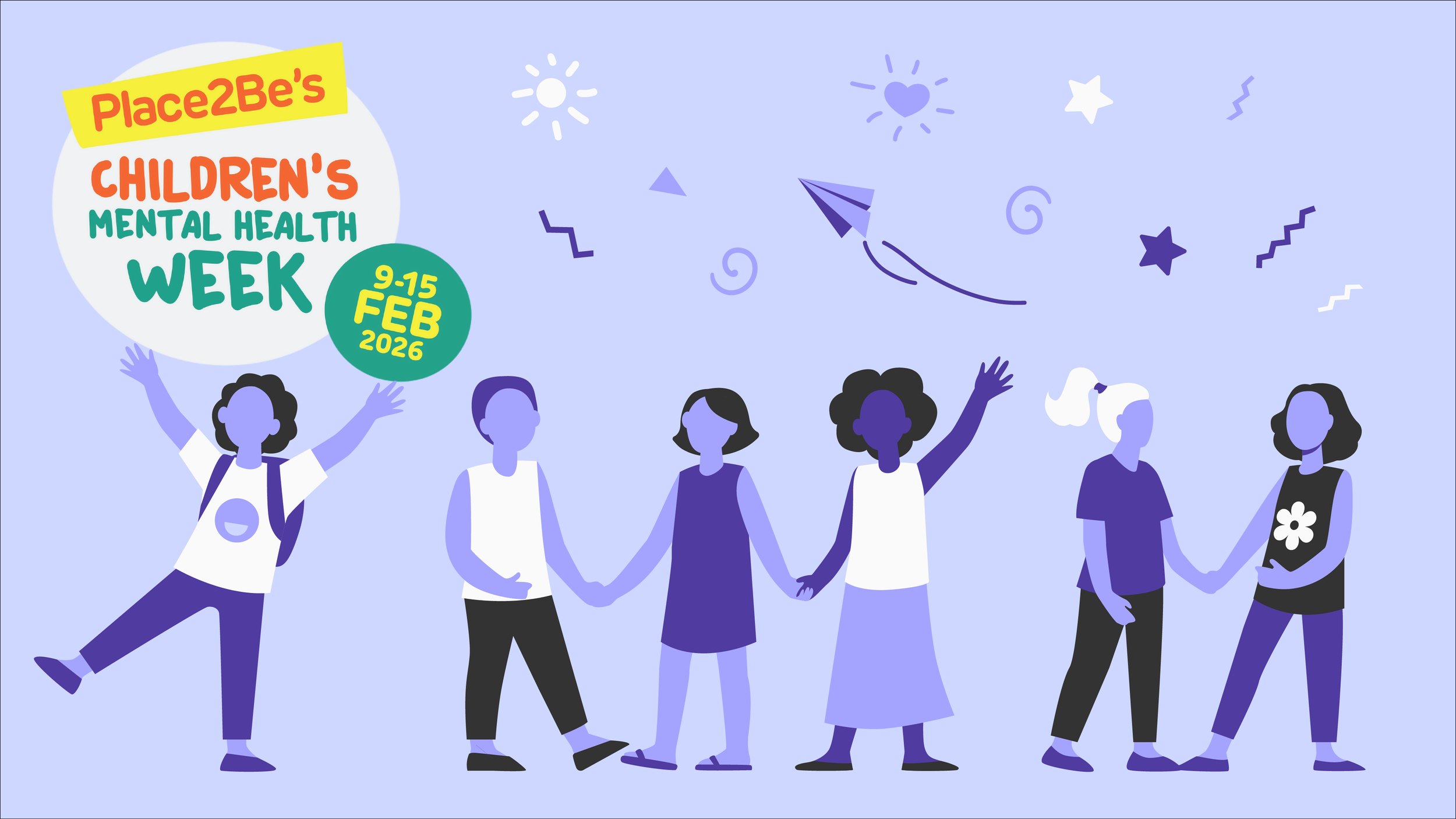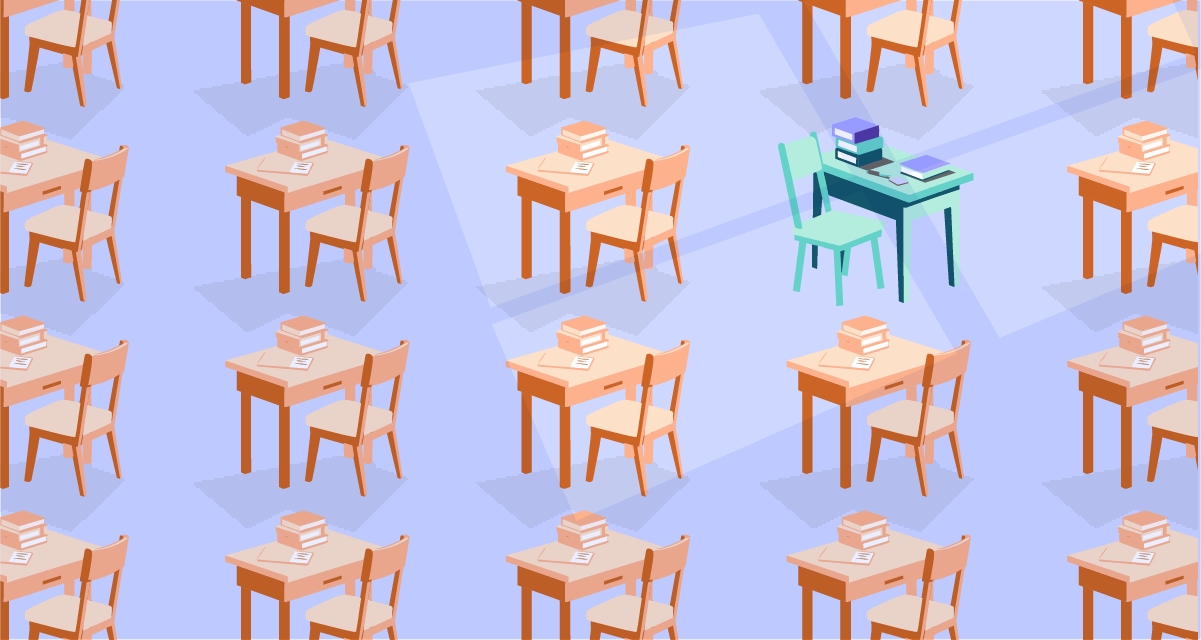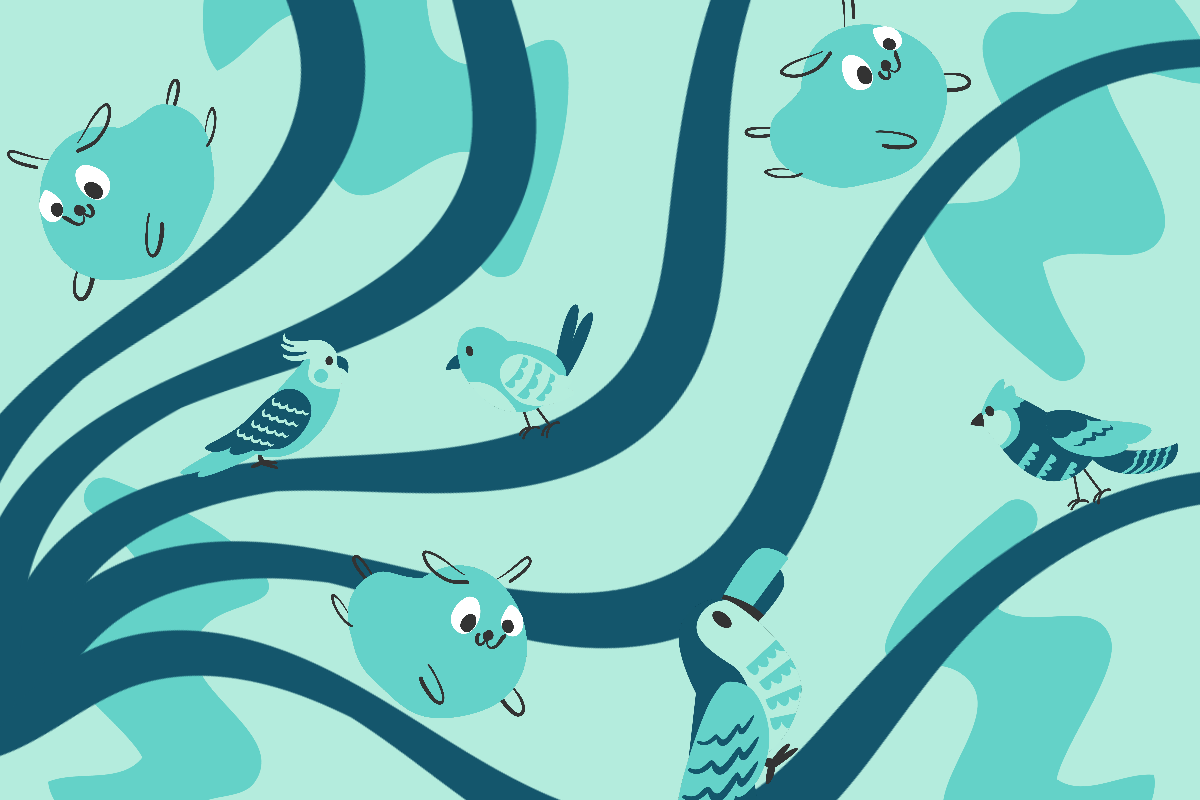Dive into a collection of articles that amplify neurodivergent voices, support a more thorough understanding of neurodiversity, and challenge common misconceptions.
Month
- February 2026
- January 2026
- December 2025
- November 2025
- October 2025
- September 2025
- August 2025
- July 2025
- June 2025
- May 2025
- April 2025
- March 2025
- February 2025
- January 2025
- December 2024
- November 2024
- October 2024
- September 2024
- August 2024
- July 2024
- June 2024
- May 2024
- April 2024
- March 2024
- February 2024
- January 2024
- December 2023
- November 2023
- October 2023
- September 2023
- August 2023
- July 2023
- June 2023
- May 2023
- April 2023
- March 2023
- February 2023
- January 2023
- December 2022
Author
- Abs S. Ashley
- Adam Fare
- Aimee Fletcher
- Aisling Sheehy
- Andreia Costa
- Ann Memmott
- Antonia Aluko
- Bethan Warner
- Beverley Samways
- Brendan Maguire
- Callum Stephen Howes
- Cassandra Lovelock
- Charli Clement
- Chloe Webster-Harris
- Claire
- Cos Michael
- Darren O'Reilly
- Dr Catherine Crompton
- Dr Virginia Carter Leno
- El Dewar
- Elise Guthrie Stirling
- Emily Wooden
- Emily Lees
- Emily Katy
- Emma
- Emma Nielson
- Grace Lee
- Harriet Axbey
- Hat Porter
- Helen Edgar
- Iqra Babar
- Jill Corbyn
- Kai Schweizer
- Katrine Callander
- Kay Louise Aldred
- Krysia Waldock
- Kyra Thompson
- Lizzie Smith
- Lou Chandler
- Lucy Gilbert
- Meena Kumari
- Molly Anderton
- Molly Siobhan Parker
- Nick Ransom
- Reesha Zahir
- Remie Colledge
- Rhiannon Williams
- Rod Landman
- Rose Matthews
- Sarah Douglas
- Sarah Boon
- Sascha Bellamy
- Sophie Broadgate
- Stop Oxevision
- Tania Robinson
- Thomas Barnett
- Tina
- Trauma Geek
- Victoria Denham
- Warda Farah
- Zoë Austin

This Is My Place: Finding Belonging in Schools, Homes and Communities
For many Neurodivergent children, belonging can feel confusing, distant, or out of reach long before they have the words to explain why. Emma explores how early experiences of difference and exclusion shape a child’s sense of self — and why understanding, acceptance, and the right support can help them grow up feeling secure in who they are.

Concerns of a Neurodivergent Educator
Neurodivergent educator Zoë Austin reflects on her lived experience working within the UK education system and supporting autistic and ADHD children, families and students who are too often failed by it.

Surviving or thriving? My experience of the education system.
In this blog, Emily Wooden, shares her experience of navigating the education system as an Autistic girl, and the subsequent impact of reaching Autistic burnout.

Autism Research—What’s New in November 2024
In this month’s research roundup, Ann Memmott PgC MA picks out some of the current big debates on Autistic lives, and showcases new and important research from teams and academics working within the field.

The untold struggles of Neurodivergent Black boys in schools
Honoring Black History Month, NdC Associate Warda Farah explores the intersection of Black and Neurodivergent identity, and reflects on how the dual marginalisation faced by Black Autistic individuals is further compounded for boys in school settings.
Warda is the creator and host of NdC’s monthly, free-to-attend Black Autistic Meetup sessions.

“No attendance score is worth your suffering”
Cassie Lovelock makes the case for why the UK government’s ‘drive to improve school attendance’ will have detrimental impacts on neurodivergent children, young people, and their families.

Autism Research - What’s New in October 2023
This research roundup picks out some of the current big debates on autistic lives, and showcases some of the research from teams making an impact on improving the quality of life for autistic individuals.

Embracing Autistic Children’s Monotropic Flow States
Autistic and ADHD people are more likely to be monotropic than the rest of the population. This means they focus more energy and resources on fewer interests/tasks/ sensory input at any one time compared to non-autistic polytropic people.

Can school ever be right for autistic people?
In the current ‘industrial’ educational paradigm, schools aren’t accessible for autistic people. They both contribute to and cause trauma for autistic individuals. With reasonable adjustment and an embodiment focus, steps can be made to begin to change this. However, a wholesale reform of the educational system, is what is actually needed.

My Origami Child
I was describing my ‘AuDHD’ (autistic and ADHD) daughter's school masking to a psychologist recently. She had been really understanding about my child's experiences up to a point, but I knew I had to explain the masking carefully, because it's not always what people (even professionals) think it is.
- ABA
- abuse
- accessible
- ADHD
- adults
- advocacy
- affirming
- aging
- assessment
- autism
- autistic parents
- black autistic
- building design
- burnout
- childhood
- children
- co production
- coercive control
- communication
- community
- culture
- depression
- Designing Homes for Sensory Differences Summit 2024
- diagnosis
- disability
- dyslexia
- eating disorders
- education
- empathy
- employment
- environment
- ethics
- executive functioning
- family
- friendships
- GCC Summit 2023
- gender
- grooming
- guidance
- health
- healthcare
- holiday
- housing
- human rights
- identity
- inclusion
- inpatient
- intersectionality
- joy
- language
- late diagnosed
- learning disability
- LGBTQIA+
- lived experience
- masking
- medicalisation
- meltdown
- mental health
- monotropism
- mothers
- nervous system
- newly diagnosed
- NHS
- OCD
- online
- pain
- parents
- PBS
- peer support
- play
- psychiatric care
- quality of life
- race
- racism
- reasonable adjustments
- relationships
- research
- resources
- routine
- school
- self diagnosis
- self regulation
- sensory environment
- sensory overwhelm
- sensory processing
- services
- sexism
- special interests
- spirituality
- stimming
- stress
- suicide
- support
- therapy
- training
- trauma
- trauma-informed
- women
- workplace
- young people
Got something to say?
We commission blogs from neurodivergent writers. We are particularly keen to hear from people of colour, older people, and non-speaking members of our community. Help us in our mission to amplify the views and voices that are most often left unseen and unheard.


